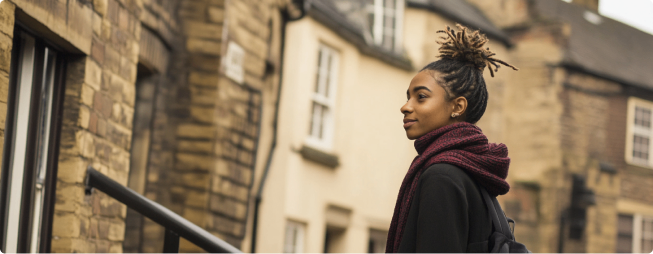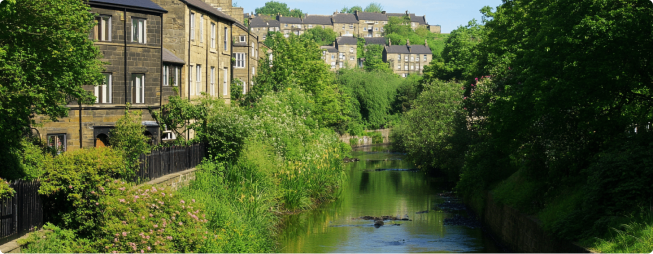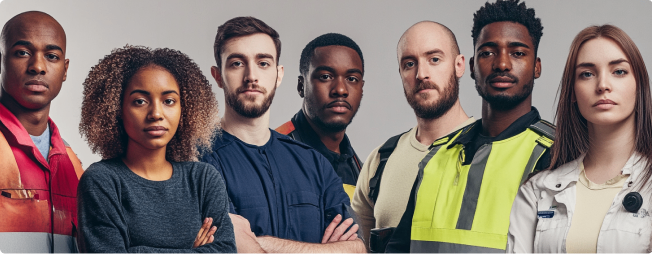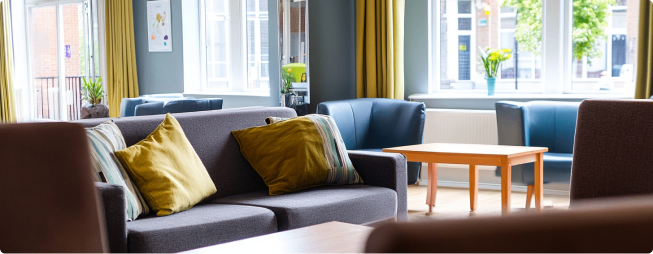Leeds Emergency Services
In an emergency, quick access to essential services is vital. Leeds offers various emergency services, including healthcare, roadside assistance, and public safety measures. This guide will help you understand what to do and where to turn in times of need, ensuring you are well-prepared for any emergency in the city.
Hospital and Clinic Locations

Leeds is home to several excellent hospitals and clinics that offer emergency medical care. Knowing their locations and specialities can save you time in an emergency. Leeds General Infirmary (LGI) is located in the city’s heart. LGI is one of Leeds’ principal hospitals, providing a comprehensive range of emergency services, including accident and emergency services. It is a large teaching hospital with trauma, surgery, and critical care experts—Leeds’ General Infirmary. St James’s University Hospital is another well-known hospital specialising in emergency care, including trauma and critical care. It also houses specialist sections, such as the Leeds Cancer Centre.
NHS Leeds Walk-In Centres are meant for when you require urgent care that is not life-threatening; Leeds has many walk-in clinics where you can receive medical attention without an appointment. These clinics offer regular healthcare and minor emergency treatments.
Emergency Hotline Numbers

In an emergency, it’s critical to know the vital hotline numbers to get you the needed aid. 999 (Emergency Services) is the UK’s general emergency number for police, fire, ambulance, and other emergency services. When faced with a life-threatening emergency, phone 999 immediately. To report an emergency, dial 999 111 (NHS Non-Emergency) for urgent medical needs that are not life-threatening; use NHS 111 medical advice to help you find the correct healthcare professional. In an emergency, it’s essential to know the key hotline numbers to help you get the assistance you need for non-urgent police problems, such as reporting a crime that is not currently in process, dial 101.
Poison Control Information

Poisoning can be a serious emergency, and knowing who to call can make all the difference in avoiding harm. National Poison Information Service, if you or someone you know has been poisoned, consult the Poison Information Service for advice on handling the situation. They can advise on what immediate steps to take and whether medical assistance is required.
Natural Disaster Preparedness Tips

The UK is less vulnerable to natural disasters than other countries, but being prepared is critical. Flooding is the most prevalent natural disaster in the United Kingdom. Make sure to remain up to date on weather conditions and flood alerts. The Environment Agency issues real-time flood alerts in Leeds and adjacent places: flooding Information and Alerts. The Met Office issues timely weather warnings and information on safety during extreme weather events such as snowstorms or heatwaves—meteorological Office Weather Alerts.
First Responder Contact Details

In addition to emergency hotlines, knowing who your first responders are can help you respond more quickly in an emergency. The West Yorkshire Fire and Rescue Service responds to fires, accidents, and dangerous items. They can be reached at 999 in the event of a fire. Yorkshire Ambulance Service offers emergency medical services. In the event of a medical emergency, call 999 for immediate assistance.
Roadside Assistance Services

Knowing who to call for roadside assistance can save you time and stress if you become stranded on the road. The Automobile Association (AA) provides 24-hour roadside assistance in the United Kingdom. Members can seek assistance with breakdowns, flat tyres, and other vehicle concerns. The AA offers roadside assistance. RAC Breakdown Service, like the AA, provides roadside help in various vehicle-related situations. They offer both individual and business services.
Urgent Care Guidelines

Knowing when to seek urgent care and where to go for rapid attention is beneficial for non-life-threatening medical conditions. Leeds Walk-In Centres houses facilities throughout Leeds for immediate medical needs such as cuts, sprains, and mild infections. They are open daily and do not require appointments. GP Out of Hours Services is also functional. Call your GP’s after-hours service for consultation or appointment scheduling if you need medical assistance beyond regular business hours. NHS Out of Hours.
Emergency Training Workshops

Learning emergency reaction skills can be extremely useful, particularly in life-threatening situations. St John Ambulance Charity provides first aid and emergency response training throughout the UK. They offer classes that educate you on managing emergencies, conducting CPR, and treating injuries. The British Red Cross is another organisation that provides first aid classes, which include fundamental skills for dealing with medical situations.
Public Safety Alerts

In an emergency, staying informed about public safety is critical, and Leeds has a variety of services to help you do so. Leeds City Council Alerts website features public safety alerts such as flood warnings, significant road closures, and safety advisories. You can sign up for alerts from West Yorkshire Police that will tell you of local crime updates, safety issues, and emergencies in the Leeds area.
Blood Donation Centres

Donate blood and assist others during situations. The NHS Blood and Transplant Centre in Leeds is a significant donation centre. They welcome both new and returning donors. Mobile donation units roam across Leeds, allowing people to donate blood at convenient locations.
What to Look Out For
- Familiarise yourself with the locations of hospitals and urgent care clinics for quick emergency access.
- Keep emergency hotline numbers saved and accessible for quick reference, especially 999 for urgent services.
- Be prepared for natural disasters, especially flooding, by staying informed about weather alerts and safety procedures.
- Know which organisations provide roadside assistance in case of a breakdown on the road.
- Consider enrolling in emergency response training to better prepare for medical emergencies.
- Regularly check public safety alerts to stay informed about any urgent concerns in your area.
- If you’re eligible, consider donating blood at your nearest donation centre to help those in need.

